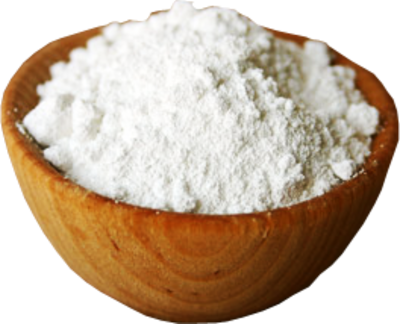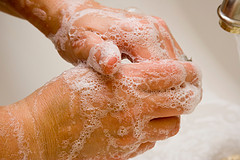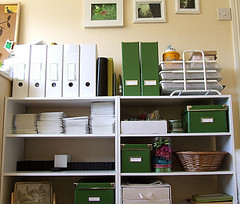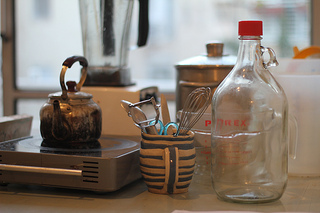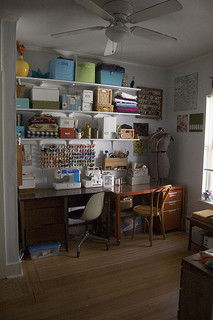When it comes to green cleaning, the products you use are just as important as the cleaning solutions. Opting for sustainable cleaning tools can significantly reduce your environmental footprint, ensure a healthier home, and promote a more sustainable lifestyle.
1. Reusable Cleaning Cloths
Why Choose Reusable Cloths?
- Reusable cleaning cloths, such as those made from microfiber or organic cotton, reduce waste by replacing disposable paper towels.
- They are highly effective at picking up dust, dirt, and bacteria without the need for chemical cleaners.
Types of Reusable Cloths
- Microfiber Cloths: Known for their ability to trap dirt and dust. They can be used dry or dampened with water.
- Organic Cotton Cloths: Biodegradable and free from harmful chemicals, making them safe for sensitive surfaces and skin.
Care Tips
- Wash reusable cloths regularly to prevent the buildup of germs.
- Avoid using fabric softeners as they can reduce the cloth’s absorbency.
- Air dry or tumble dry on low heat to extend their lifespan.
2. Biodegradable Sponges
Why Choose Biodegradable Sponges?
- Traditional sponges are often made from synthetic materials that contribute to landfill waste.
- Biodegradable sponges break down naturally and are made from renewable resources.
Types of Biodegradable Sponges
- Cellulose Sponges: Made from natural wood fibers, they are highly absorbent and effective for general cleaning.
- Loofah Sponges: Made from the loofah plant, they are great for scrubbing surfaces without scratching.
Care Tips
- Rinse thoroughly after each use and allow to air dry to prevent bacterial growth.
- Replace sponges regularly, depending on use, to maintain hygiene.
3. Eco-Friendly Brushes and Brooms
Why Choose Eco-Friendly Brushes and Brooms?
- Brushes and brooms made from natural materials like bamboo, wood, and plant fibers are biodegradable and often more durable than plastic alternatives.
- These tools often come from sustainable sources and have lower carbon footprints.
Types of Eco-Friendly Brushes and Brooms
- Bamboo Brushes: Ideal for scrubbing dishes, surfaces, and grout. Bamboo is a fast-growing, sustainable material.
- Wooden Brooms: With handles made from sustainably harvested wood and bristles from natural fibers like coconut or palm, these brooms are sturdy and effective for sweeping.
Care Tips
- Keep brushes and brooms dry when not in use to prevent mold and mildew.
- Occasionally treat wooden handles with natural oils to maintain their durability.
4. Reusable Mop Systems
Why Choose Reusable Mop Systems?
- Traditional mop systems often rely on disposable pads and chemical cleaners.
- Reusable mop systems have washable pads and can be used with eco-friendly cleaning solutions.
Types of Reusable Mop Systems
- Microfiber Mop Pads: Effective at picking up dirt and dust without needing chemical cleaners. They can be washed and reused multiple times.
- Spray Mops with Refillable Bottles: Allow you to use your own green cleaning solutions, reducing the need for single-use plastic bottles.
Care Tips
- Wash mop pads after each use to maintain their effectiveness.
- Use non-toxic, natural cleaning solutions to keep your floors clean and safe.
5. Natural Scrubbers and Scouring Pads
Why Choose Natural Scrubbers and Scouring Pads?
- Conventional scrubbers and scouring pads often contain synthetic materials that are harmful to the environment.
- Natural scrubbers are made from materials like coconut coir, walnut shells, and bamboo, which are biodegradable and sustainably sourced.
Types of Natural Scrubbers and Scouring Pads
- Coconut Coir Scrubbers: Excellent for tough cleaning jobs and are naturally antibacterial.
- Walnut Shell Pads: Strong and abrasive, suitable for scrubbing pots and pans without scratching.
Care Tips
- Rinse thoroughly and air dry after each use.
- Replace when worn out, and compost if they are fully biodegradable.
6. Reusable Dusting Tools
Why Choose Reusable Dusting Tools?
- Reusable dusters made from materials like microfiber can be washed and reused, reducing waste compared to disposable dusters.
- They attract and hold dust effectively, often without the need for additional cleaning products.
Types of Reusable Dusting Tools
- Microfiber Dusters: Ideal for dusting surfaces, blinds, and electronics. They can be used dry or slightly dampened.
- Feather Dusters (Sustainably Sourced): Made from natural feathers, they are gentle on delicate items and effective at dusting.
Care Tips
- Shake out dusters after use to remove debris.
- Wash microfiber dusters regularly and allow feather dusters to air out.
Switching to sustainable cleaning tools is a significant step towards a greener, healthier home. By choosing reusable, biodegradable, and eco-friendly products, you not only reduce waste and environmental impact but also create a safer living environment for your family. Embrace these tools and care for them properly to maximize their lifespan and effectiveness. Happy green cleaning!

